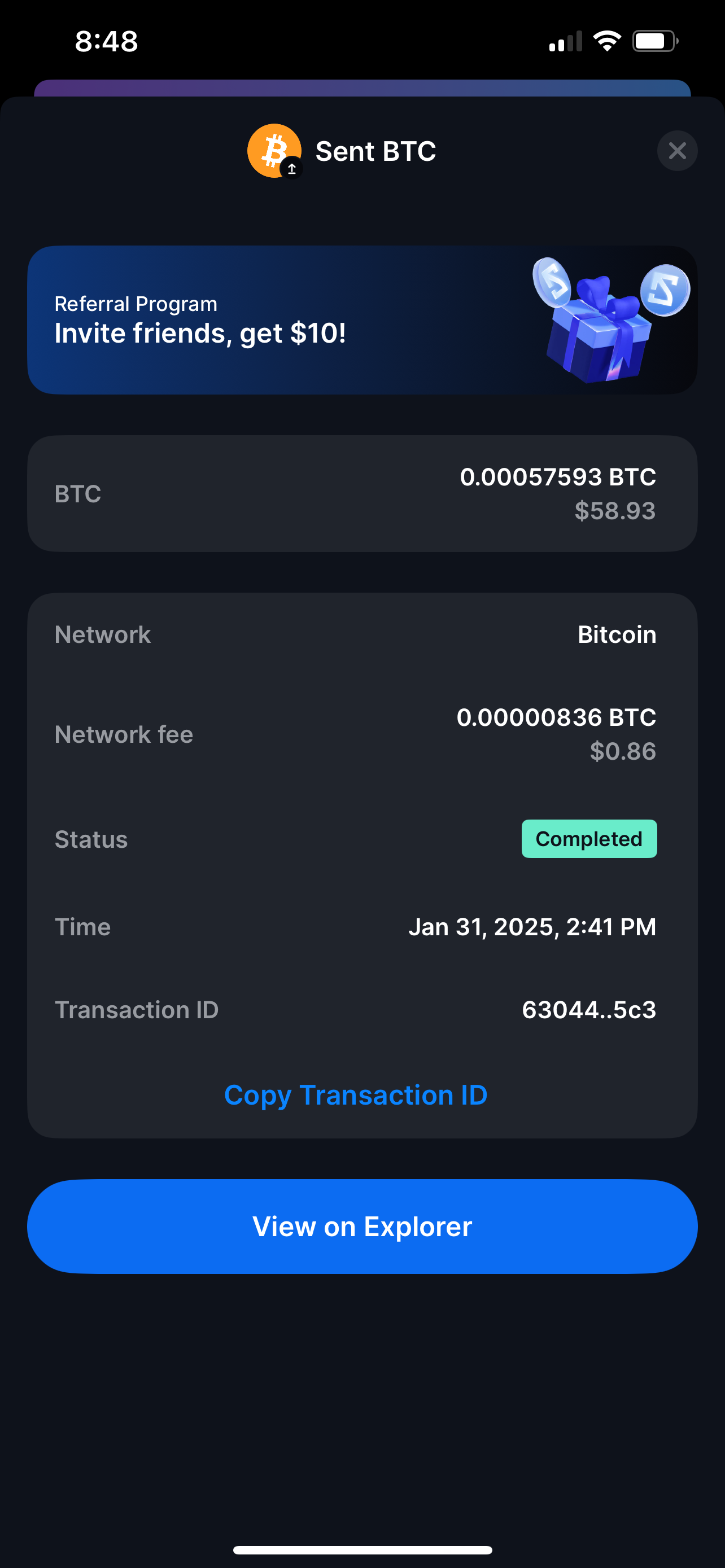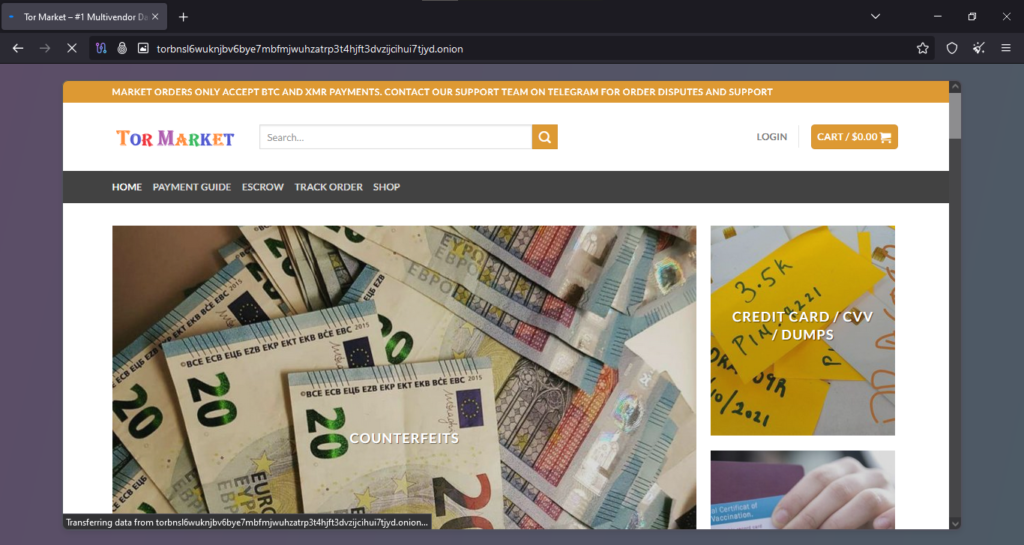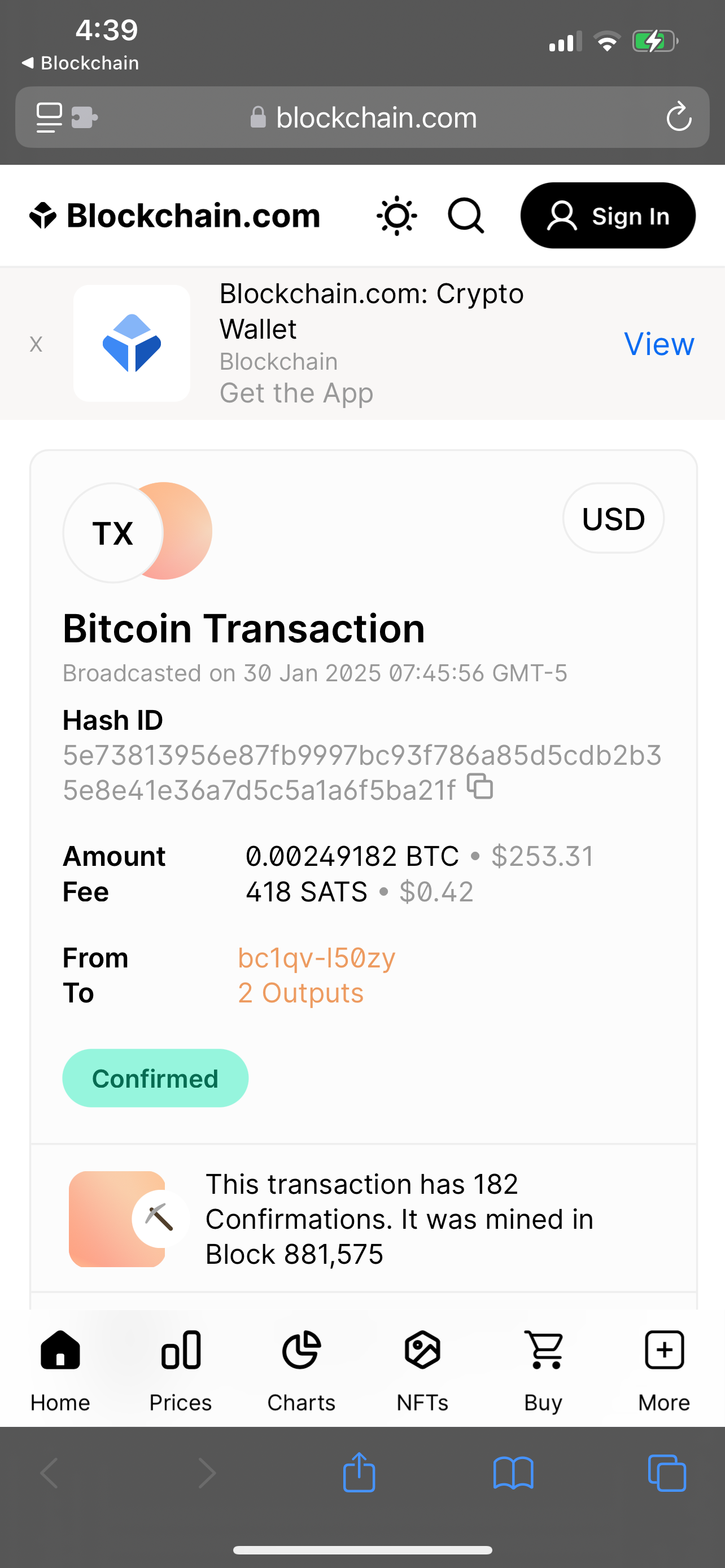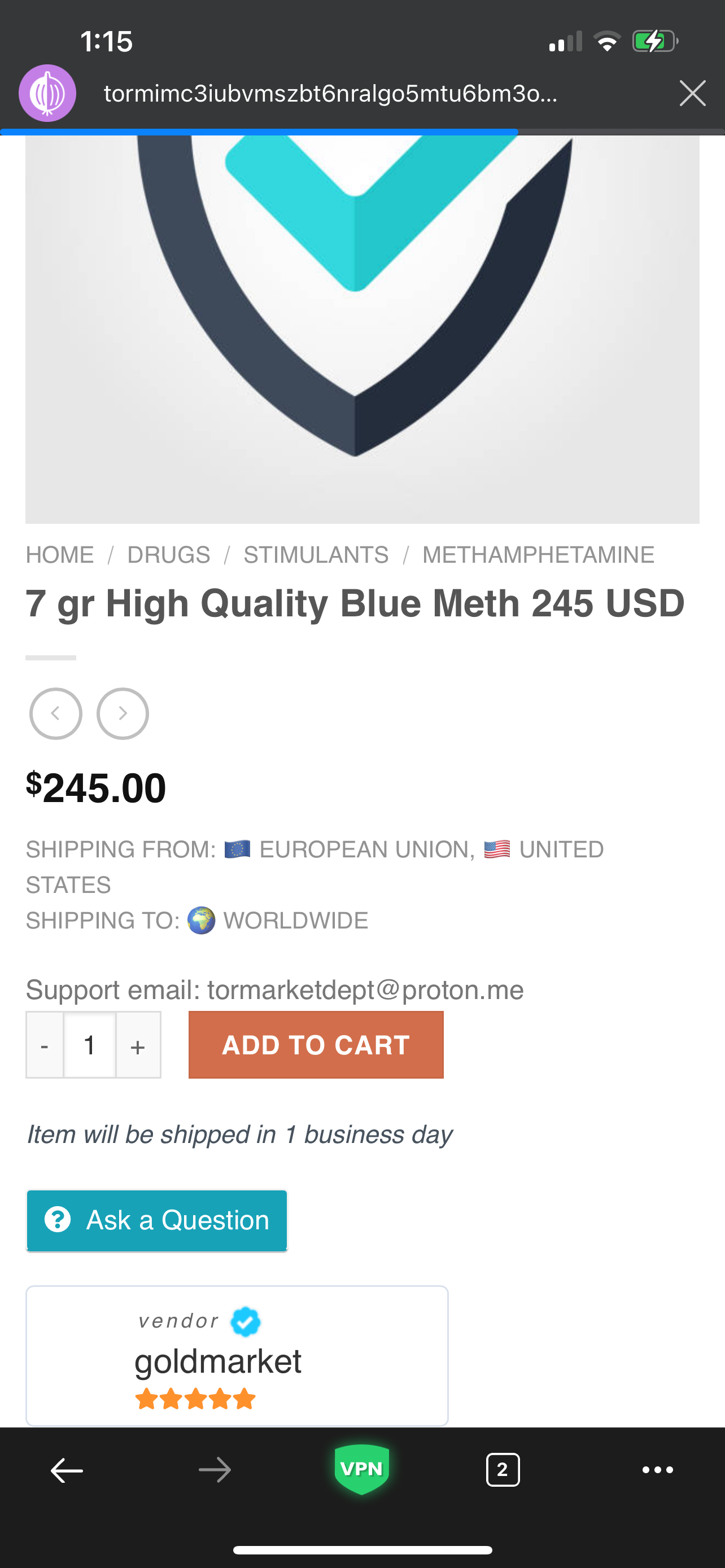Table of Contents
ToggleTor Marketplace – TOR Scam Report (154)
Onion Link : http://torbnsl6wuknjbv6bye7mbfmjwuhzatrp3t4hjft3dvzijcihui7tjyd.onion
Scam Report Date : 2025-02-01
Client Scam Report Breakdown
Original Scam Report :
The client reported a fraudulent experience on an online Tor marketplace, describing a situation where they were misled by the escrow system and the professional appearance of the site. Initially, they trusted the platform based on positive reviews and the presence of an escrow feature, believing these factors indicated legitimacy. After successfully learning how to transfer Bitcoin to the marketplace, they attempted to place an order but encountered technical issues. The transaction did not go through, and shortly after, they were kicked off the platform. Upon attempting to log back in and reset their password, the system claimed their email did not exist, forcing them to create a new account with the same email. Despite this, their funds did not transfer to the new account, leading them to suspect that their money was stolen. The client sent over 100 emails to the support team but received no response, reinforcing their belief that they had been scammed. They also referenced a similar case on Reddit, suggesting that this type of fraud might be a common scheme across multiple marketplaces. The client concluded their report by warning others to avoid the marketplace entirely to prevent financial loss and emotional distress.
Photos :

2. Defining Key Terminology and Terms
Understanding the key terms in this report is essential to analyzing the fraud. Tor marketplace refers to a darknet e-commerce site that operates through the Tor network, which allows users to access hidden services while maintaining anonymity. These marketplaces often claim to offer escrow services, which are supposed to act as a third-party financial safeguard, ensuring that funds are only released when the buyer confirms receipt of the product. However, fraudulent marketplaces may fake their escrow services or simply take deposits without ever fulfilling orders. Bitcoin (BTC) is a decentralized cryptocurrency commonly used for transactions on these marketplaces due to its pseudonymous nature, but once transferred, Bitcoin transactions cannot be reversed—making them a preferred currency for scammers. The client’s difficulty in resetting their password and the disappearance of their account suggests that the marketplace deliberately removed their access after taking their funds. The term “sinking feeling” used by the client describes the realization that they were likely scammed, highlighting the emotional impact of financial fraud. Additionally, their reference to a similar case on Reddit suggests a pattern of scams across different marketplaces, where fraudulent operators rebrand under new names to continue defrauding users.
3. Analysis of the Scam and Its Implications
This case exemplifies a common cryptocurrency escrow scam on darknet marketplaces, where fraudsters manipulate technical barriers, such as login issues and unresponsive customer support, to delay victims from taking action. By presenting a professional-looking website and leveraging escrow as a selling point, scammers build false trust to attract unsuspecting buyers. Once the victim deposits funds, they encounter conveniently timed “technical errors”, such as login failures and blocked accounts, preventing them from retrieving their money. The lack of support response suggests that either the entire platform is a scam or that it engages in selective fraud—stealing from some users while allowing others to complete transactions to maintain credibility. Additionally, the client’s reference to proof of transaction from their Blockchain account indicates that they attempted to provide verifiable evidence of payment, yet the marketplace still refused to respond. This reinforces the likelihood that the marketplace never intended to fulfill any orders. The client’s experience aligns with a broader pattern in illicit online markets, where scam operators frequently shut down and rebrand under new names to evade detection. This report serves as a warning for users to be highly cautious when dealing with unverified marketplaces, particularly those operating on the dark web, and to conduct extensive research beyond just user reviews before making purchases.








